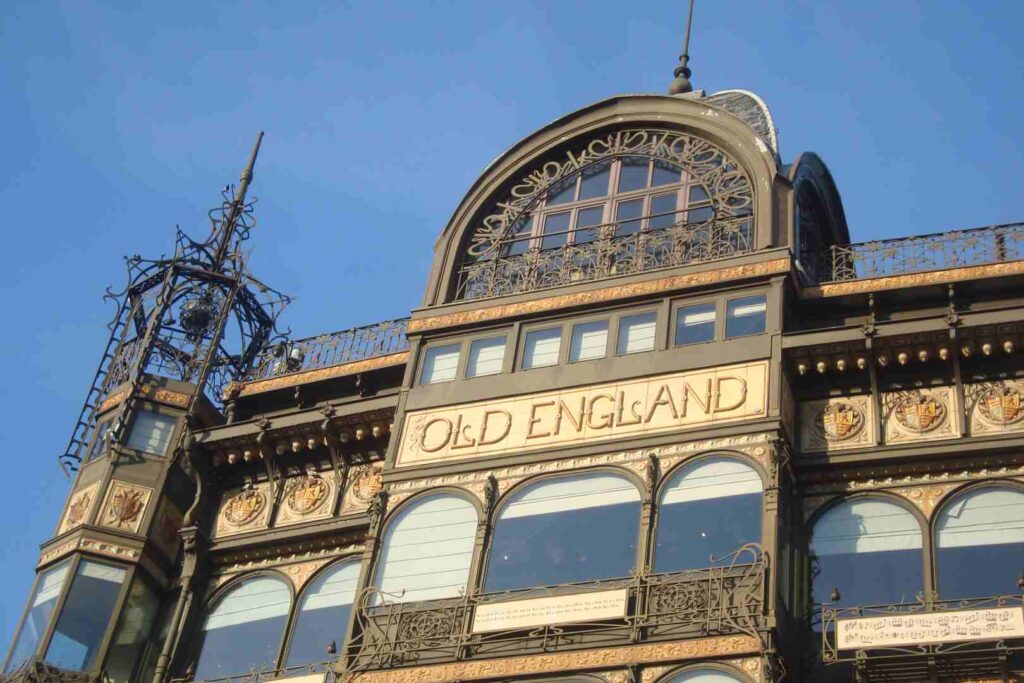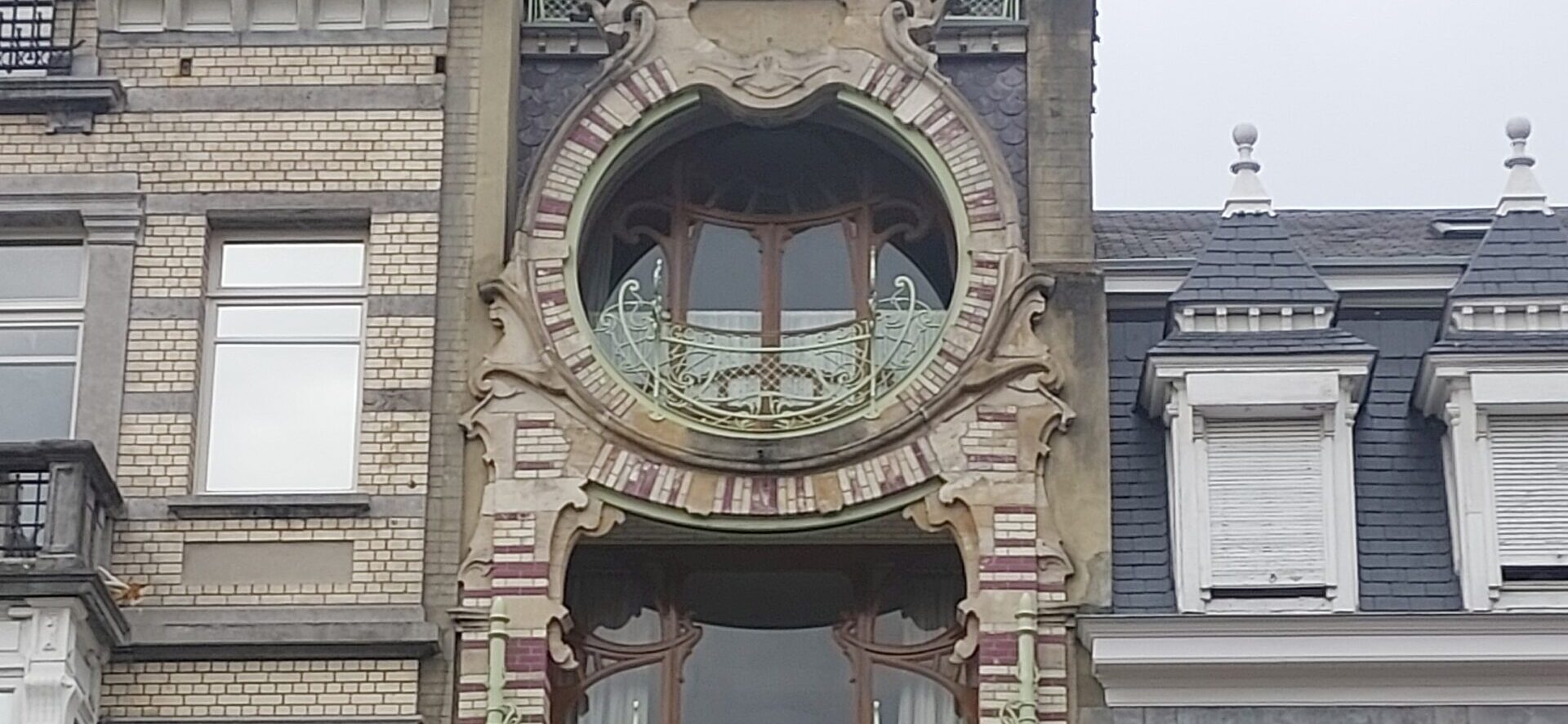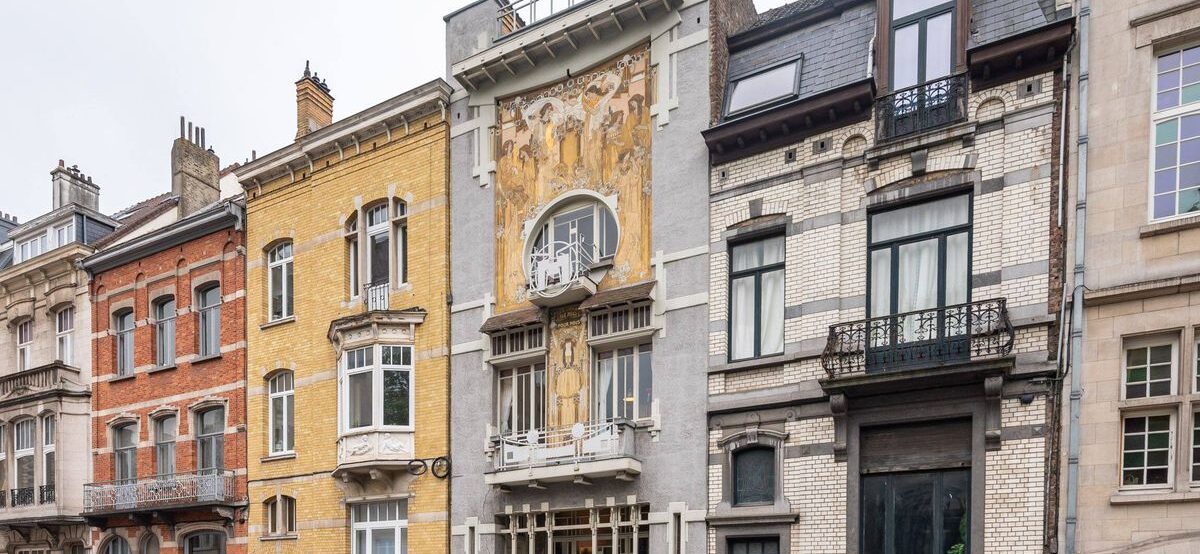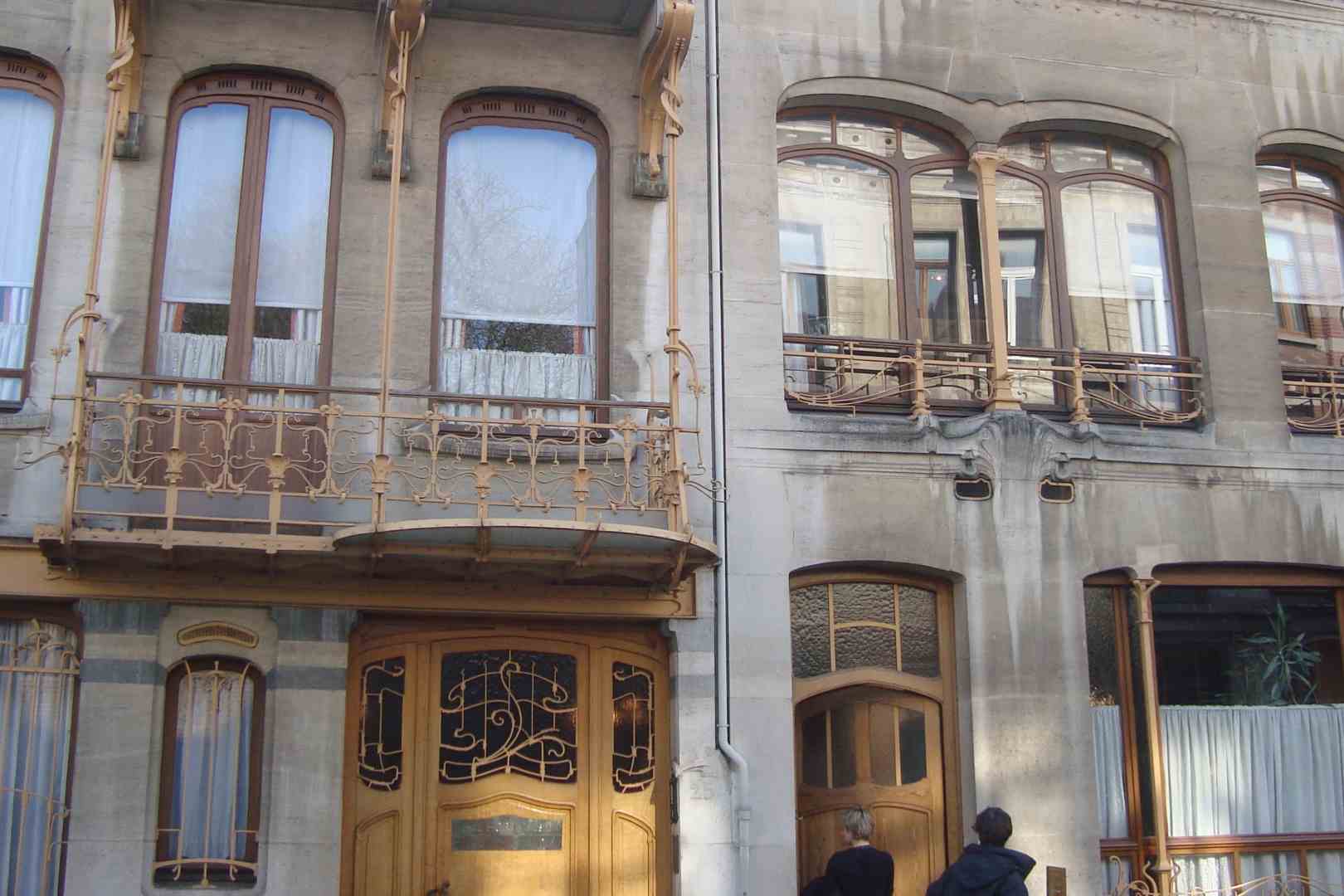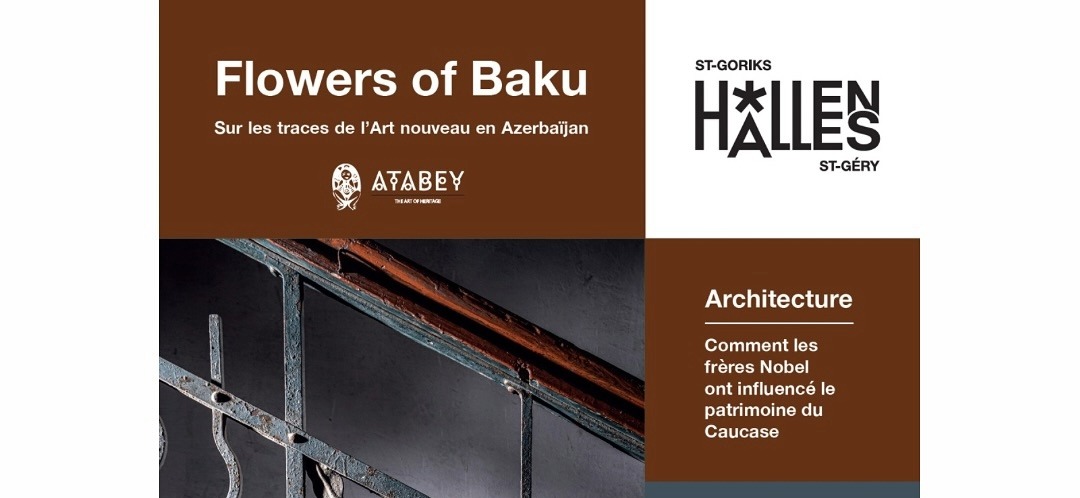A Century Later, Art Deco Takes Center Stage
Exactly a century after the iconic International Exhibition of Modern Decorative and Industrial Arts in Paris, which coined the term “Art Deco,” Brussels is gearing up to celebrate this influential architectural movement. In 2025, the Belgian capital will be fully immersed in the world of Art Deco, promising a captivating journey through time.
The post-World War I era was a time of global upheaval and economic hardship. As the world yearned for renewal, a new aesthetic emerged, characterized by clean lines, geometric forms, and a focus on functionality. This was the birth of Art Deco, a style that would revolutionize architecture and design.
In the heart of Brussels, Victor Horta, a pioneer of Art Nouveau, embraced this new aesthetic. In 1919, he laid the foundation for the Centre for Fine Arts (Bozar), a groundbreaking project that would usher in a new era of modern architecture and art. This iconic building, with its striking geometric façade and spacious interior, became a symbol of the Art Deco movement.
Building on the Success of Art Nouveau
The decision to dedicate a year to Art Deco follows the resounding success of Art Nouveau Brussels 2023. This previous initiative drew nearly two million visitors to the city, highlighting the enduring appeal of architectural heritage.
“The renewed interest in Art Nouveau is crucial for Brussels’ image and the region’s tourism sector,” stated Prime Minister Rudi Vervoort. “Preserving and promoting this heritage is a priority.”
A Legacy of Art Deco Grandeur
Brussels boasts a rich tapestry of Art Deco architecture, with the Palais des Beaux-Arts, designed by the renowned architect Victor Horta, serving as a prominent emblem. Other notable examples include the Flagey Building, Villa Empain, the Kaaitheater, the Basilica of Koekelberg, the Résidence Palace, the Stoclet Palace, and the House of European History.
Brussels offers a wealth of Art Deco masterpieces, many of which are open to the public. Here are a few highlights:
- Palais des Beaux-Arts: This magnificent building, designed by Victor Horta, is a prime example of Art Deco architecture. Its grand entrance hall, with its soaring ceilings and intricate details, is truly awe-inspiring.
- Flagey Building: This former radio broadcasting house is a stunning example of Art Deco’s influence on functional architecture. Its sleek, streamlined design and distinctive façade make it a standout.
- Villa Empain: This elegant mansion, once owned by the wealthy industrialist Baron Empain, showcases the luxurious side of Art Deco. Its opulent interiors, adorned with exotic materials and intricate craftsmanship, offer a glimpse into the lifestyle of the elite.
A Year-Long Celebration
Art Deco 2025 will offer visitors a unique opportunity to explore these architectural gems and delve into the history of the movement. The Saint-Géry Halls will host an exhibition dedicated to the history of Art Deco cinemas in Brussels, while the Horta Museum will showcase the distinctive motifs and décor of the interwar period.
Beyond guided tours and exhibitions, the event aims to inspire a fresh perspective on Art Deco. By encouraging a critical examination of the movement, Brussels hopes to foster a deeper appreciation for its aesthetic and cultural significance.
The full program for Art Deco 2025 will be unveiled early next year, promising a diverse range of activities and events that will captivate both locals and international visitors. We will keep you informed on events and experiences to celebrate its Centenary in the Brussels City Page.
Where Art Nouveau celebrates elegant curves and long lines, Art Deco consists of sharp angles and geometrical shapes. Although often confused, the two movements mark entirely different directions in the development of modern art. Check the differences and test if you know the differences well HERE.

